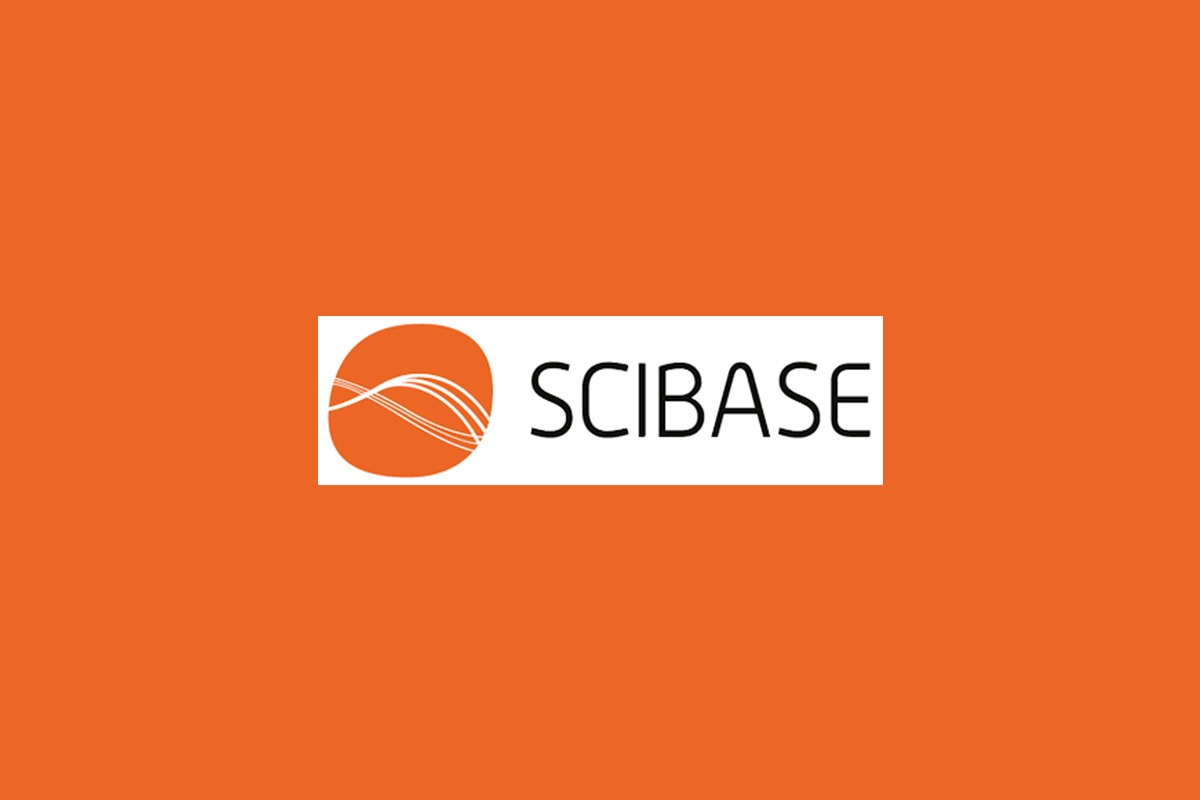A recent study commissioned by IBM has found that the Philippines is lagging behind its Southeast Asian counterparts in terms of artificial intelligence (AI) readiness. Conducted by Ecosystm, a digital research and advisory firm based in Singapore, the study surveyed 372 technology, data, and business leaders across five ASEAN countries.
The results from the IBM survey indicate differing levels of AI readiness within the region, with Singapore at the forefront—23% of respondents there consider their organizations ready to leverage AI. This is followed by Indonesia at 22%, Thailand at 20%, Malaysia at 19%, and the Philippines trailing at 16%.
Titled “The AI Readiness Barometer: ASEAN’s AI Landscape,” IBM’s report provides detailed insights into both the challenges and opportunities of AI adoption in the region. It outlines five stages of AI readiness: Traditional, Emerging, Consolidating, Transformative, and AI-first. Organizations in the Traditional stage exhibit limited AI capabilities, while those in the Emerging stage are starting to engage with AI technologies. The Consolidating stage sees AI being integrated into wider operational areas, and the Transformative stage marks the use of AI to drive significant organizational changes. The AI-first stage represents organizations where AI is central to both strategy and operations.
The emergence of Generative AI (GenAI), notably since the release of OpenAI’s ChatGPT in late 2022, has significantly impacted industries worldwide. Despite the initial enthusiasm, many organizations are still grappling with how to fully utilize AI to enhance business efficiency and increase revenue. The report stresses the importance of moving beyond the initial excitement to integrate AI into core decision-making processes, thereby unlocking its transformative potential.
The study points out several industries beginning to utilize AI effectively. In the manufacturing sector, which includes automotive and electronics, 18% of organizations are employing AI. This is followed by the financial services sector, including banking, at 17%, and government entities at 16%. The travel and transportation sector is at 9%, while consumer and retail, as well as telecom and media sectors, both stand at 8%.
However, despite the increased uptake of AI, the report underscores that governance and compliance, crucial for AI deployment, are not currently prioritized by many organizations. Only 13% of respondents are concentrating on improving data governance and compliance. More focus is being given to identifying business use cases for pilots or Proof of Concepts (PoCs) at 25%, enhancing data quality, interoperability, and consistency at 22%, upskilling and reskilling employees at 21%, and adopting new technologies for data management at 19%.
Source: backendnews.net















Got a Questions?
Find us on Socials or Contact us and we’ll get back to you as soon as possible.